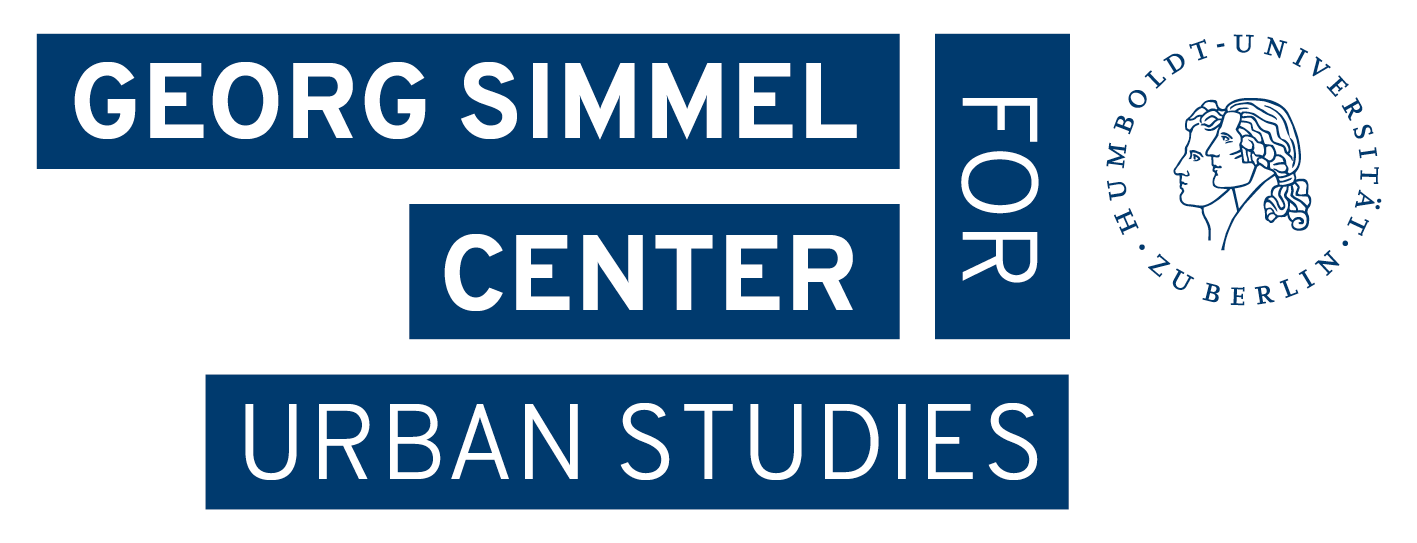The Context of Metropolitan Studies
The term metropolis is being used differently in various disciplines. While in geography it refers to very large cities which are 'over-determined' particularly in their economic and political significance, the humanities and the cultural studies focus entirely on the cultural meaning of these cities which distinguishes them from merely large cities. In sociology, the term has lost some of its prominence in the course of the last decades and has been reduced to describe the very large 'mega cities' of the Third World and the 'newly industrialized countries'.
Up to this day, there have been no German scientific institutions which explicitly address the history, development, and meaning of the 'metropolis'. Undoubtedly, this is due to the fact that the German decentralized system of cities cannot refer to one specific city which incorporates the highest degree of centralized power in all realms of society - in contrast to France or England for instance. Further, there is no interdisciplinary cooperation yet which embraces the natural sciences and which goes beyond the technically problematic organization of large cities and environmental aspects.
Various faculties and departments of literary and cultural studies have pursued research on the metropolis - often focusing on foreign literature and case studies of foreign cities. This also defines the direction followed by the DFG-funded transatlantic graduate program (Graduiertenkolleg) "History and Culture of Metropolitan Cities in the 20th Century", which includes faculty members of the GSZ.
Within social sciences and geography, the debate about the meaning of centralized power in some cities has been dominated and covered in recent years by the category of "global cities" which is substantially defined by economic geography. The long tradition in geography to rank cities according to criteria of central locality is less innovative than to examine in detail those social and spatial urban problems which are ascribed by definition to the 'global city': increasing inequality, socio-spatial polarization, the role of migrants in the urban economy - and the issue of regulating urban development.
The underrepresented urban and regional economies have for decades attended to emphasize processes of decentralization and suburbanization. With the development of a new urban economy, characterized by cultural and creative professions, the role of the large city has become a new paradigm for economic development - precisely because of its metropolitan qualities! Heterogeneity, density, and a certain size of manifold branches and cultures are considered necessary for the successful development of creative activities which are at the core of the new urban economy.
Closely connected to this is the multi-cultural future of the large city. On the one hand, it presents a great possibility to develop metropolitan urbanity, but on the other, it may be perceived as problematic and might cause diverse conflicts. Many university and external departments explore in detail the meaning of migration for the city and the meaning of the city for migration processes. Focus of these studies is the quality of the metropolis as a place where diversity and difference may prolifically develop. One of the fundamental challenges of the GSZ is to build up co-operations and to open up debates dealing with this issue.
